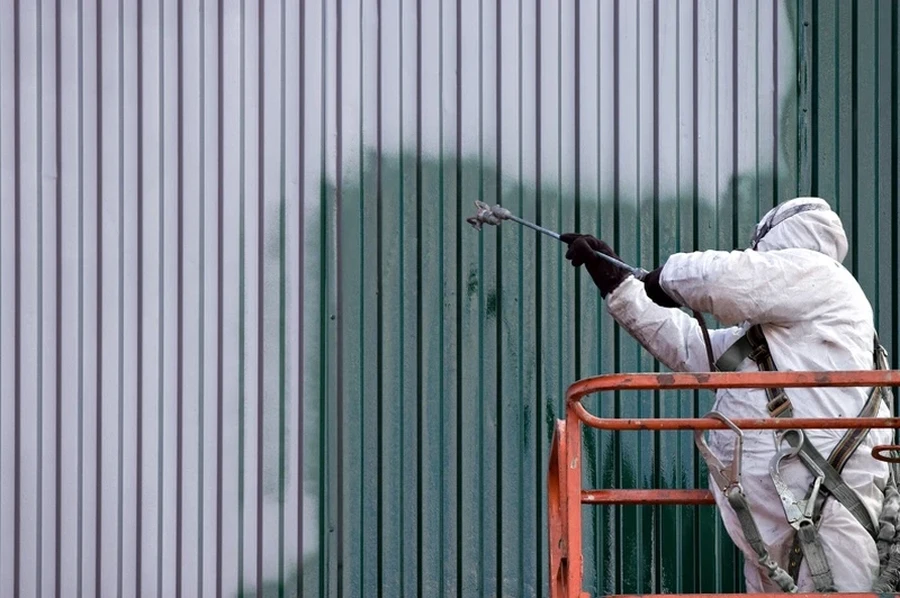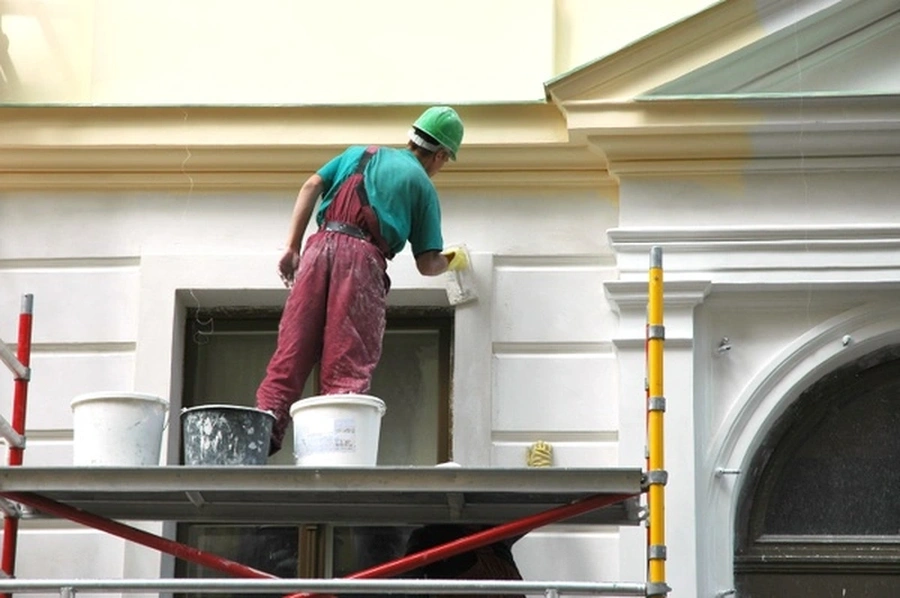The Essential Role of Surface Prep in Masonry Work
Masonry contractors know the importance of preparing surfaces before starting any project. This crucial step ensures that materials adhere properly, resulting in a more durable and visually appealing finish. Whether you are undertaking a small repair or a large-scale construction project, proper surface preparation is key to achieving lasting results. Understanding why masonry contractors prioritize this step can help you appreciate its impact on the quality and longevity of your structure.

Benefits of Proper Surface Preparation
Surface preparation offers several benefits that contribute to the success of masonry projects. First, it creates a clean foundation by removing dirt, oil, and other contaminants. This allows materials like mortar or paint to bond better with the surface. Second, it helps reveal structural issues such as cracks or weak spots that need attention before proceeding with work. Finally, properly prepped surfaces lead to an even finish, enhancing the overall appearance and extending the life of the structure.
Common Issues Without Surface Prep
Skipping surface preparation can lead to various problems. For instance, poor adhesion between layers might cause peeling or flaking over time. This is especially problematic in areas requiring exterior painting, where exposure to elements could speed up deterioration. Additionally, ignoring surface prep means missing out on identifying hidden defects that could compromise the integrity of the structure. These issues not only affect aesthetics but also increase maintenance costs down the line.

Steps in Effective Surface Preparation
Masonry contractors follow specific steps to ensure effective surface preparation:
- Cleaning: Remove dust, grease, and debris to create a clean base.
- Repairing: Fix any visible damages like cracks or holes.
- Smoothing: Sand rough areas for an even surface.
- Priming: Apply primer to enhance material adherence.
Tackling these tasks systematically helps prevent future complications and supports successful outcomes for projects involving exterior painting, among others.
Expert Tips for Optimal Results
Experts recommend several best practices for optimal surface preparation results. Using the right tools is essential-this includes brushes, scrapers, and sanders suited for different surfaces. Timing also matters; avoid prepping during extreme weather as moisture can alter results. Consistently checking progress ensures no steps are skipped, maintaining high standards throughout the process. By following these guidelines, you maximize the effectiveness of each stage, leading to smoother and more resilient finishes.
Industry Standards for Surface Preparation
The masonry industry sets specific standards for surface preparation to guarantee safety and quality. Adhering to these guidelines not only meets legal requirements but also builds trust with clients. For example, using certified products and techniques helps maintain consistency and reliability across projects. Regular training keeps contractors updated on new developments and technologies, ensuring they provide top-tier services every time.
Cost Implications of Skipping Surface Prep
While surface preparation may add upfront costs to a project, skipping this step can be more expensive long-term. Poorly prepared surfaces often require frequent repairs, increasing maintenance expenses over time. Investing in proper surface prep enhances durability and reduces future risks. Clients see better returns on their investments when structures stand strong against wear and tear.
Your Path to Success With Quality Surface Prep
Ensuring thorough surface preparation sets the stage for successful masonry projects. It addresses potential issues early on and provides a sturdy base for further work. Committing to this vital step leads to happier clients and fewer headaches down the road. Located in Maynard, MA, we specialize in providing exceptional masonry services tailored to your needs. Contact LID at (508) 979-9147 today to learn how our expertise in surface preparation can benefit your next project.